D&D OGL controversy, explained - all the drama explained, and why you should care
Here's what everyone was upset about with the D&D OGL changes
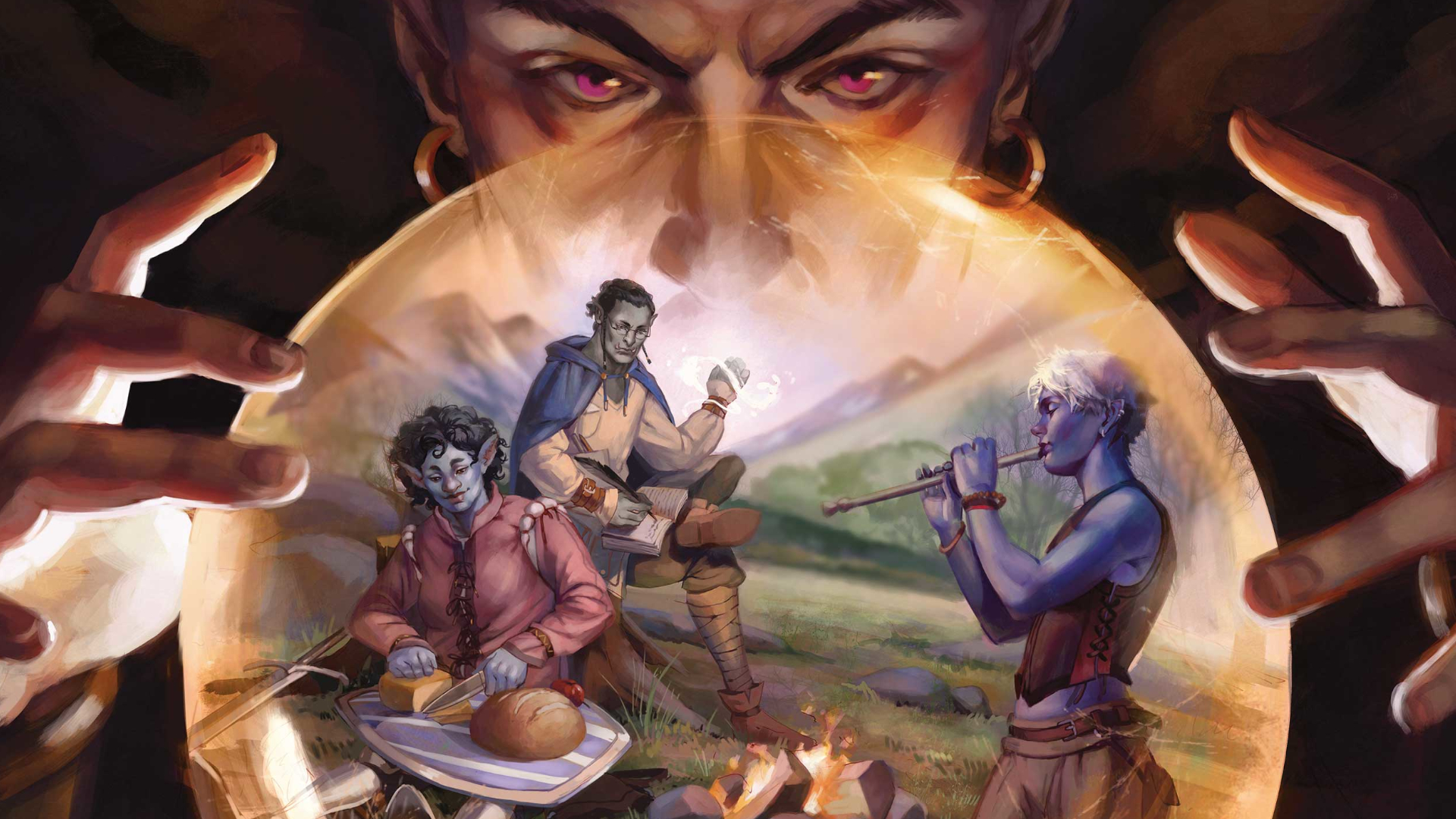
The new D&D OGL had the community in uproar, but why? And what's an 'OGL' in the first place? More importantly, how does it affect you?
If you're feeling confused about the controversy that's blown up across social media, you'll find a breakdown of the drama below. There's certainly enough to get our teeth into following updates for the D&D OGL (which is short for 'Open Game License'); even though publisher Wizards of the Coast has reversed all of these changes in an unprecedented move, the whole affair has had a huge impact on some of the best tabletop RPGs. To be precise, some third-party publishers have walked away from Dungeons and Dragons books for good.
There's been a big knock-on effect for players, too. Trust in the brand is thoroughly shaken after some very poorly-received decisions, and although Wizards has worked hard to make amends since then, it may take a while to win that goodwill back.
So, let's get into it. Here's everything you need to know about the D&D OGL turmoil.
What is the D&D OGL?
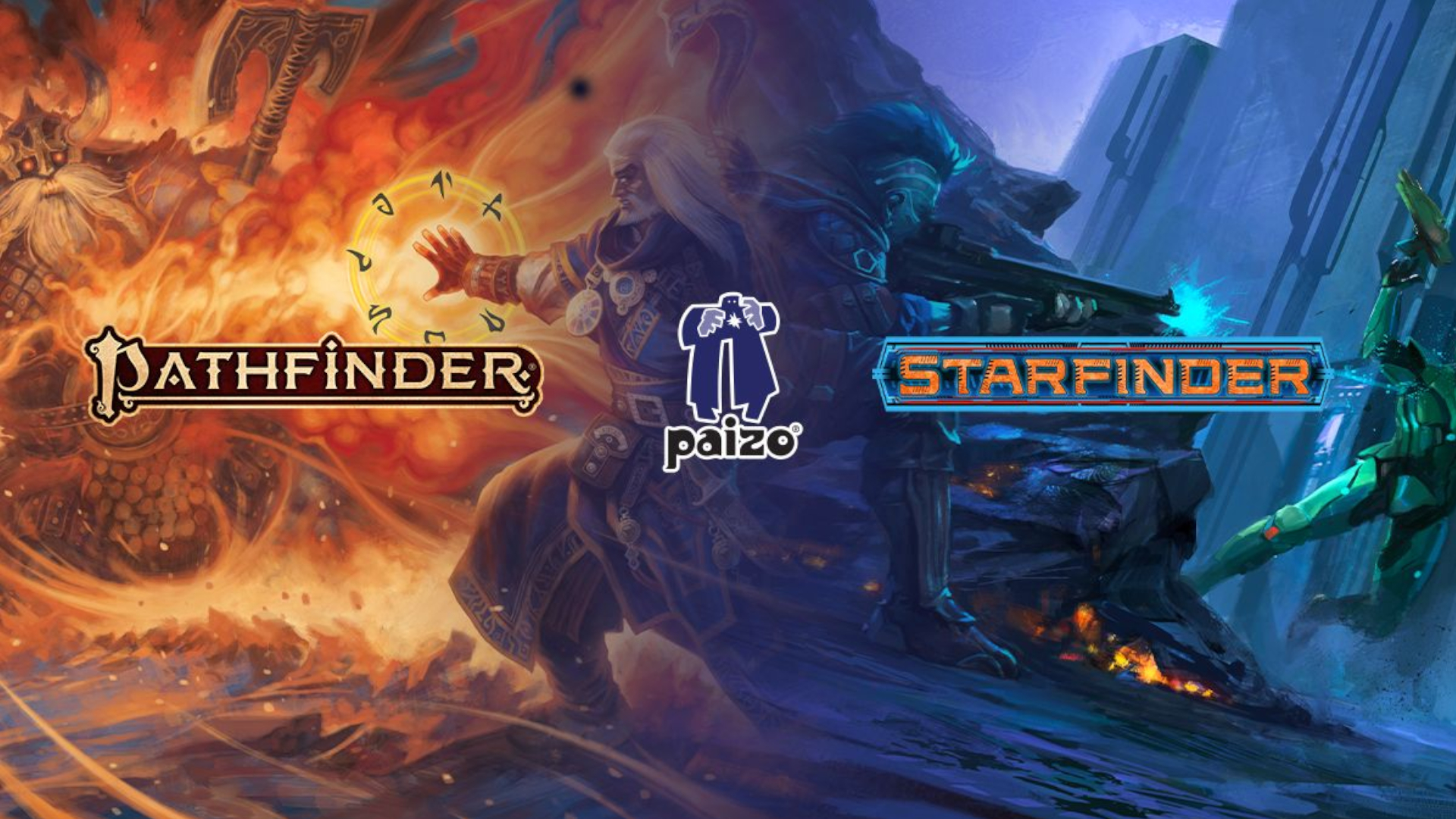
The Open Game License (dubbed OGL 1.0a, which you can find here) allows third parties to create written products such as adventures or rulebooks using the D&D system owned by Wizards of the Coast. Although there are some restrictions to stop you from utilizing trademarked ideas like Baldur's Gate, it's remained largely unchanged since first arriving on the scene in 2000. Basically, it allows games like Pathfinder, which emulates earlier editions of D&D, to exist.
However, that all changed recently. Wizards has been talking about revising the OGL since December, stating that the license "needs an update" to let let it function as originally intended but "without allowing things like third-parties to mint D&D NFTs and large businesses to exploit our intellectual property."
What did the D&D OGL update do?
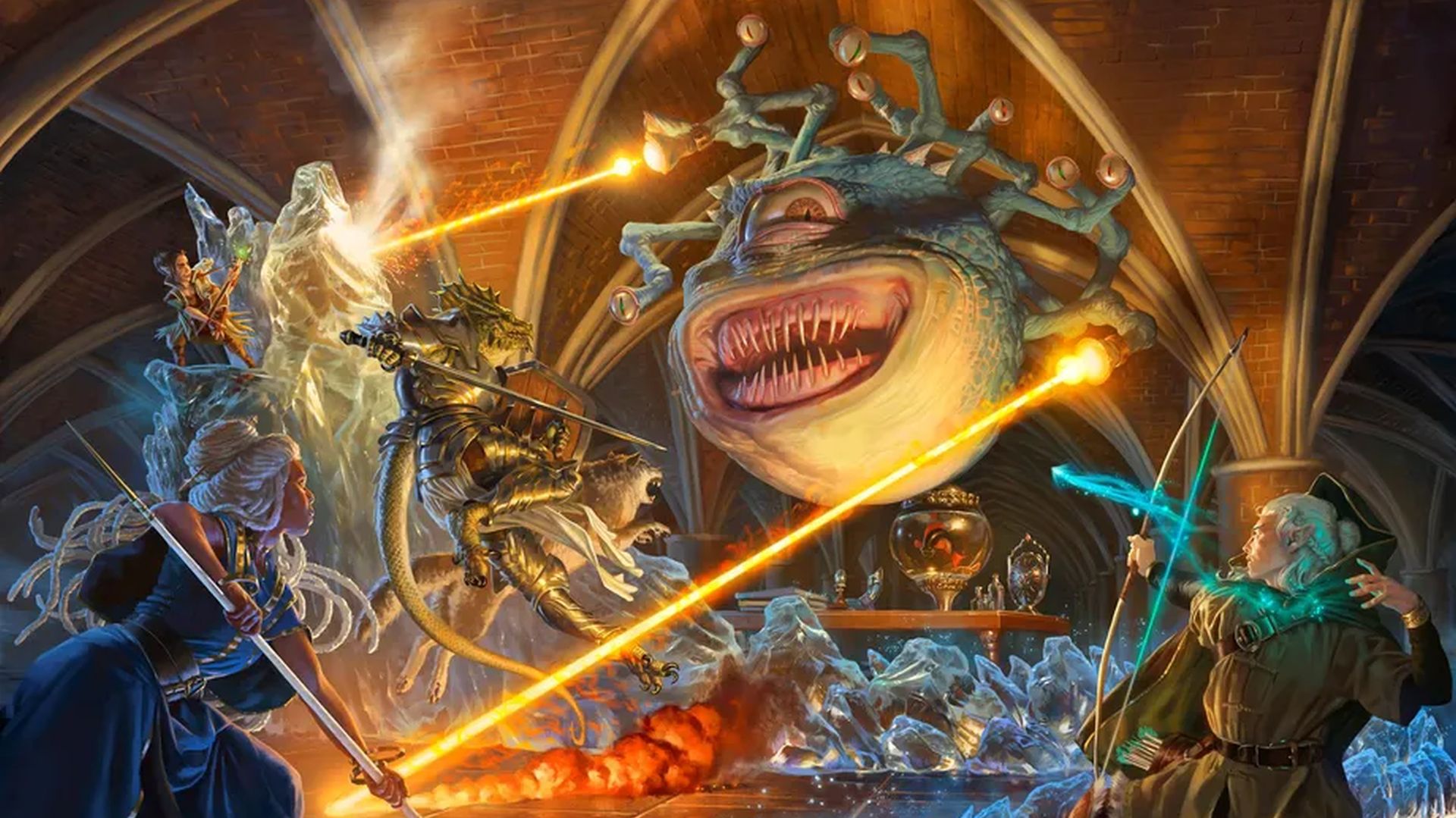
At the beginning of January 2023, a revised version of the OGL was apparently leaked to Linda Codega at io9. You can find a full rundown of everything supposed to be included within that document via Linda's writeup, but here are the broad strokes.
Weekly digests, tales from the communities you love, and more
At the time of the leak, the new OGL:
- Invalidated the original OGL, meaning it could no longer be used
- Stated that D&D publisher Wizards of the Coast must be notified about and receive a report on the earnings of all monetised content
- Said that products using the OGL which earn over $750,000 per year must pay Wizards a royalty fee of 25% (or 20% if funded through Kickstarter) for all income beyond that point
- Claimed the right to use all OGL content in any way Wizards of the Coast saw fit
- Stopped D&D-related NFTs and blockchain
- Allowed termination of the license for content that is "blatantly racist, sexist, homophobic, trans-phobic, bigoted or otherwise discriminatory"
This led to widespread controversy in which industry figures decried the change, and over 60,000 people signed an open letter condemning these alterations shortly afterward. A major dev then decided to break away from D&D to create its own tabletop RPG system, and Pathfinder publisher Paizo announced a license of its own as well. The group behind The One Ring RPG followed suit.
This outcry wasn't just from businesses either. In fact, so many fans canceled their online D&D subscription that it crashed the page. It seemed as if the entire industry was united against these alterations, and many questioned whether it was legal to deauthorize the Open Game License in the first place.
Changes after the backlash
After days of silence, Wizards of the Coast finally responded with a blog post addressing the turmoil that reversed many of the proposed changes, calling the leaked version a "draft". An altered version of the D&D OGL soon followed.
The new OGL:
- Would not contain a royalty structure, or royalty fees
- Didn't include financial reporting or registration requirements
- Clarified that creators own their content
- Stated that anything already released under the original OGL would be unaffected
- Said that livestreams, virtual tabletops, and actual plays aren't affected
The updated OGL didn't just include these tweaks, though. In addition, it promised to give away the game's core mechanics. To be precise, the "Creative Commons license we picked lets us give everyone those core mechanics. Forever. Because we don't control the license, releasing the D&D core rules under the Creative Commons will be a decision we can never change."
Users were able to provide feedback on the license via a survey until February 3. Wizards of the Coast would then respond on or before February 17.
So, was this new D&D OGL good enough? We talked with a gaming lawyer about it, and they said that despite being a big step forward, there was still work to be done. For example, the update didn't expressly say that royalties were out the window. (A concern Wizards of the Coast had to clarify later in a Twitter thread.) Likewise, there were worries that its definition of harmful content could be abused.
Giving up
The public response to these concessions was resounding. Before January was out, Wizards published a new blog saying that 88% of those surveyed didn't want to use the new D&D OGL, 89% were dissatisfied with jettisoning the old one, and that the "live survey results are clear. You want [the original OGL]. You want irrevocability." It then announced the unthinkable: that Wizards of the Coast was backing down and leaving the OGL alone. It would also make the entire Systems Reference Document (containing classes, races, and mechanics) freely available under the Creative Commons.
This was a huge about-turn - and no-one saw it coming. In essence, Wizards admitted defeat and scrapped the plans it had fought so hard to introduce.
With this new approach, we are setting that aside and counting on your choices to define the future of play
Kyle Brink, executive producer for D&D
"We wanted to protect the D&D play experience into the future," the blog post read. "We still want to do that with your help. We're grateful that this community is passionate and active because we'll need your help protecting the game's inclusive and welcoming nature. We wanted to limit the OGL to TTRPGs. With this new approach, we are setting that aside and counting on your choices to define the future of play."
The decision was met with widespread celebration online, and the controversy seems to be over - for now. Even though we're back where we started (or better off), earning fans' trust again will likely be a long and arduous journey.
Why was everyone upset about the D&D OGL?
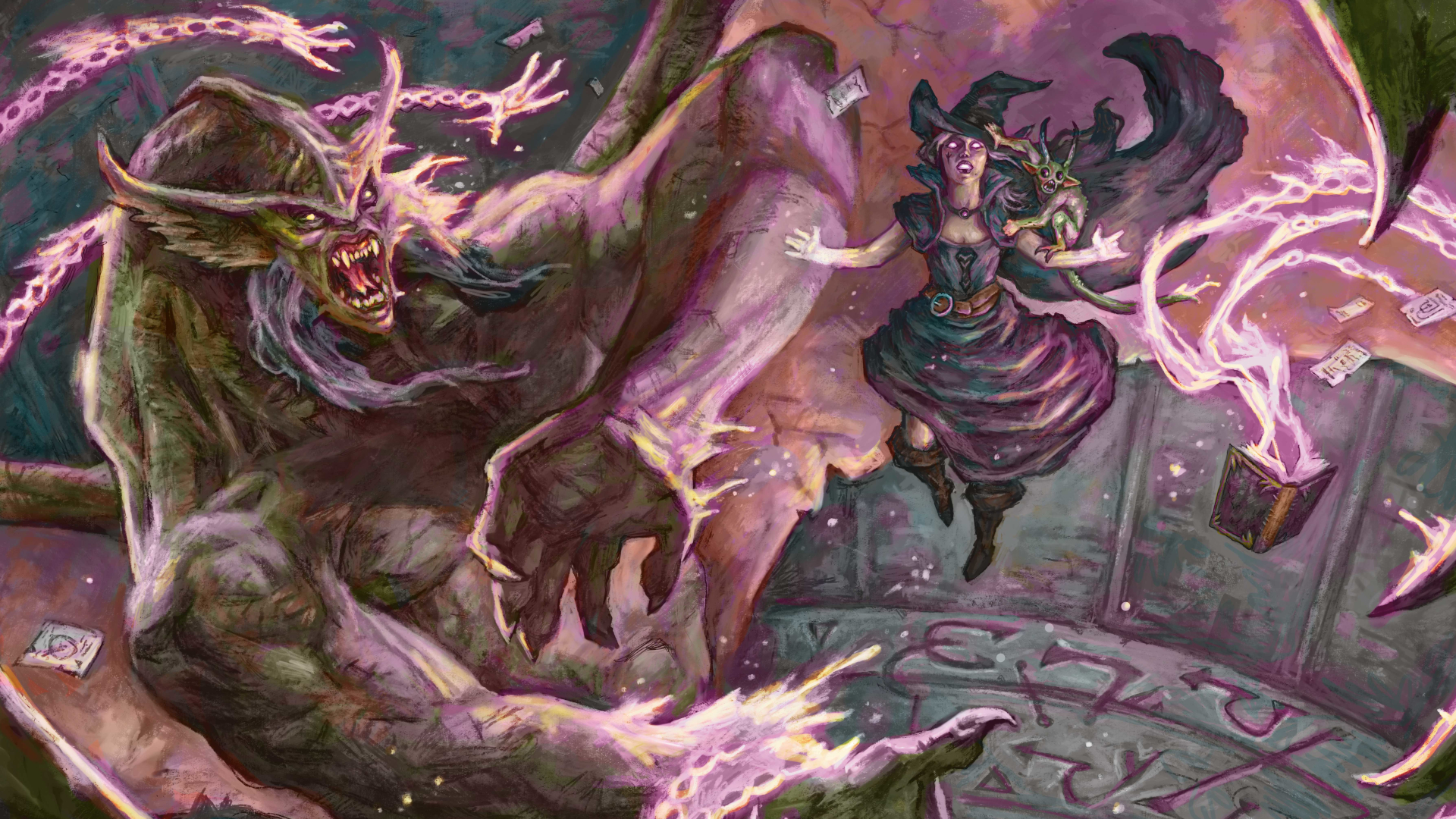
Even though Wizards of the Coast has walked back the OGL's changes, it's too late for some - as a Dark Souls RPG dev said when we interviewed them, "the revolt has already begun." When you dig into the legal spaghetti of the update, that anger was understandable. Livelihoods were on the line.
For a start, products made with the first OGL were suddenly thrown into question. As I understood it from the leaked document, publishers would have to agree to this new system if they wanted to continue selling their products. Should they have refused, would years of old books be pulled from shelves? It was a real possibility.
Why wouldn't creators just agree, then? Well, suddenly being forced to hand over 25% of their earnings past $750,000 each year would take a massive toll on the publisher's bottom line. Actually, it would destroy many smaller teams. Profit aside, this is money used to pay writers, artists, designers, and more. Reducing the take would therefore squeeze the companies in question, so it stands to reason that cuts of some description (be it content or jobs) would follow. This potentially leads to a drop in scale, quality, or frequency for products.
Free products - like community builds or adventures you don't charge for - remain unaffected
It would have hit smaller creators too, albeit less dramatically. It's all good and well not having to pay royalties if you don't earn more than $750K on your product, but having to register it with Wizards and report annual revenue above $50K was an added faff that made the process less appealing. Especially because, as io9 pointed out in the initial leak, "there [was] no mention of perpetual, worldwide rights given to creators (which was present in section 4 of the original OGL)". Worse still, "Wizards will [also] have a 'nonexclusive, perpetual, irrevocable, worldwide, sub-licensable, royalty-free license to use that content for any purpose.'"
This isn't an uncommon slice of legal jargon, but it's easy to see why it'd unsettle so many in the community.
Yes, free products - like community builds or adventures you don't charge for - remain unaffected both then and now. Actual plays like Critical Role would be all right too, seeing as you're not being charged to watch the show. But it's plain to see why there was, and continues to be, such concern over the new OGL.
What did the D&D OGL have to do with me?
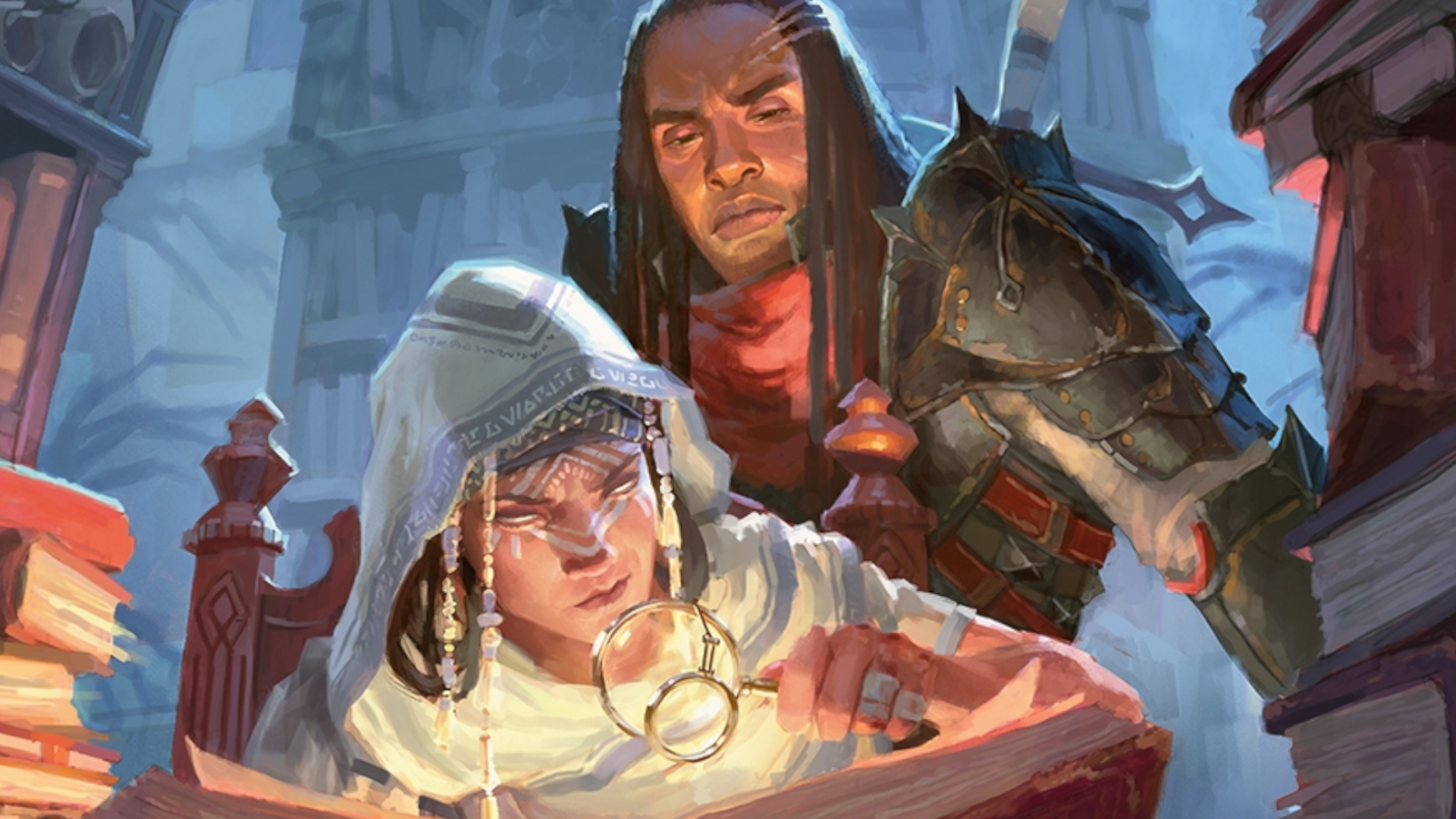
While this might seem like a corporate conflict over property rights at first glance (and the waters were muddied after Wizards' response), it caused significant ripple effects that would have reached you sooner or later.
To begin with, numerous publishers and game systems might not have been able to produce content for D&D anymore; following this controversy, many of the biggest third parties signed on to Paizo's alternative license. As such, the library of resources, adventures, and homebrew tweaks available to D&D players would have shrunk dramatically in the coming months.
In addition, the number of people who actually wanted to make new content for the D&D OGL dwindled due to their trust drying up. (And because they didn't like/want to sign those revised terms.)
It could have meant a talent drain on future D&D products
Sure, you may not mind too much if you only use official books. (Or the free rules, for that matter.) Not at first. But this array of third party creations served as a talent pool for those official books. Many of the writers, designers, and artists responsible for them were freelancers who cut their teeth on D&D OGL content, so them jumping ship could have meant a talent drain on future D&D products.
What's more, a lot of cool upcoming projects that use D&D as a base - like Free League's Lord of the Rings system - would evaporate as well. It's always easier to try a different game if it uses the rules you already know, but that would become less of an option with many third parties having been burned by the new OGL.
In short, it was a rough decision that wouldn't have benefitted anyone in the end... not even Wizards of the Coast.
Will we still feel the bite of this controversy in the years to come? Very possibly. The cat's out of the bag now, and some publishers are plowing on with their own game systems despite Wizards' about-turn. As such, the long-term effects are likely to be a more fragmented industry with multiple competing systems. Whether this is a good or bad thing will depend on your perspective.
Either way, time will tell how much damage this has done. For better or worse, the D&D OGL controversy has left an indelible mark on tabletop RPGs.
It's been a busy few days for the industry, but not all of it has been bad; along with the first official D&D Lego set, January has also given us D&D Nerf blasters. Want to take a break with some tabletop recommendations, on the other hand? Check out the best board games, these board games for adults, or must-have board games for 2 players.

I've been writing about games in one form or another since 2012, and now manage GamesRadar+'s tabletop gaming and toy coverage. You'll find my grubby paws on everything from board game reviews to the latest Lego news.


